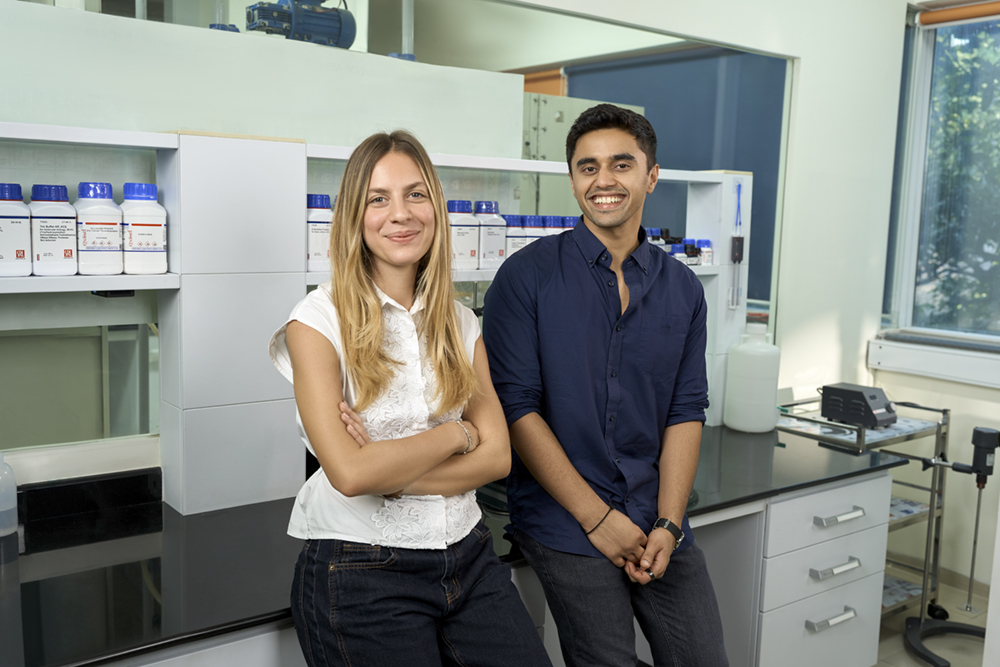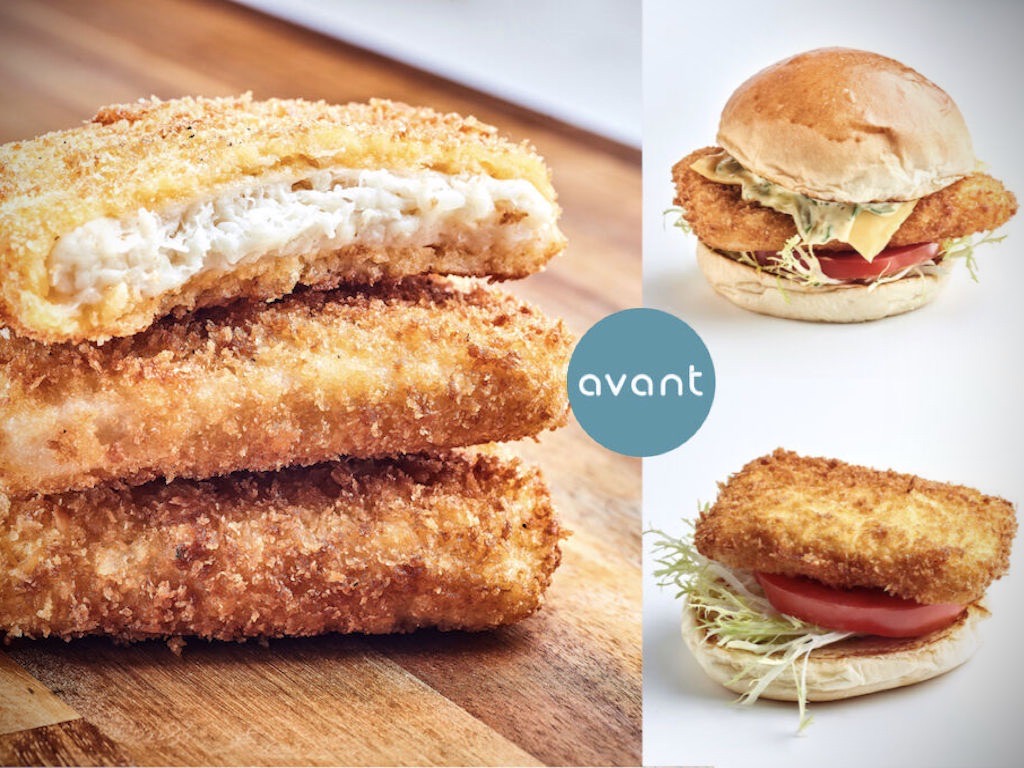

Chicago's Clever Carnivore reveals breakthroughs in cost-competitive cultivated pork
Clever Carnivore, a Chicago-based cultivated meat company, has unveiled a series of breakthroughs aimed at making cultivated pork not only technically viable but also commercially competitive. With a strong focus on capital efficiency and practical engineering, the company says it has developed a scalable platform for producing cultivated pork at prices that rival conventional meat products.

Founded in 2021, Clever Carnivore has operated with a comparatively modest budget of US$9 million, which Dr Paul Burridge, Co-founder & Chief Science Officer, describes as a deliberate strategy.
“Necessity is the mother of invention,” said Burridge. “Describing our team as scrappy doesn’t begin to cover it. When you relentlessly minimize day-to-day consumable costs and start out buying your equipment secondhand on eBay, you make your life considerably more challenging. But ultimately our conscientious resource management has built a culture of science-first capital efficiency and has allowed us to focus on derisking a platform that is ready to scale and will be profitable in a production plant.”
The company’s approach focuses on three key areas: low-cost cell culture media, high-performance porcine cell lines, and an efficient bioprocess and factory design. Together, these innovations aim to reduce the cost of goods sold (COGS) and enable production at scale.
A major milestone is Clever Carnivore’s optimized cell culture media, which currently costs just US$0.07 per liter at pilot scale – significantly lower than typical industry figures, which range from US$1 to US$10 per liter.
“US$0.07 per liter is our current real-world cost of our food-grade cell culture media,” Burridge said. “That’s what we’re paying today – including our in-house growth factor production, water purification and mixing. We anticipate further reductions as we scale to a production plant with a capacity of thousands of liters. Low media cost is essential for a production plant, as this is one of the larger inputs to our COGS.”

The company has also developed non-GMO porcine cell lines with doubling times of under 14 hours in adherent culture – a figure that pushes the limits of previous expectations and supports high-yield production. Burridge noted that the team is “continuously develop[ing] new cell lines in the latest version of our optimized media formula to keep innovation moving and maximize proliferation and robustness.”
On the engineering side, Clever Carnivore has applied its cost-conscious ethos to factory design. By sourcing small-scale bioreactors creatively and working directly with steel fabricators, the company says it has significantly reduced capital expenditure. Its current pilot facility includes two 500-liter stainless steel bioreactors, with a third on the way.
The facility, which resembles a brewery in appearance, was designed to be low-cost but fully compliant with food safety standards. The total buildout cost is projected at under US$4.5 million, with expectations of achieving profitability within its first full year of operation.
“When designing a plant, it is important to consider that this is an FDA- and USDA-approvable facility that will operate in a traditional food production manner,” said Burridge. “We will have a well-validated process, high-level quality controls, and equipment that is proven and can be amortized under known schedules. We can’t have cost cutting result in lack of robustness and diminished uptime in the production plant. That would be penny-wise and pound-foolish.”
Beyond the production process, Clever Carnivore has also made significant progress on product development. The company has created a range of cultivated pork products, including bratwursts, hotdogs, breakfast sausages and meatballs – all designed to cook and taste like their conventional counterparts. According to the company, feedback from taste testers, including professional chefs, has been overwhelmingly positive.
Clever Carnivore is now preparing to submit a comprehensive dossier to the FDA and is actively raising additional funds to support its next phase of growth. With its current production design and technology, the company says its products are expected to achieve cost parity with conventional pork – a benchmark many in the cultivated meat sector are still striving to reach.
If you have any questions or would like to get in touch with us, please email info@futureofproteinproduction.com

.png)






